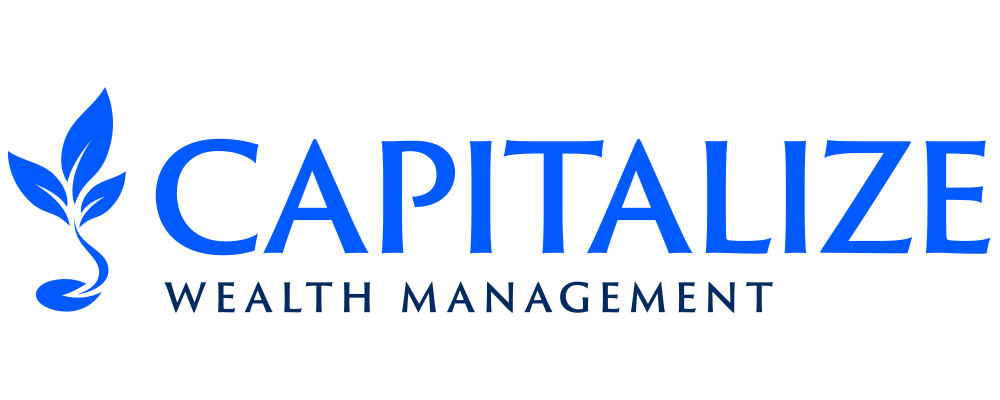
22 Oct Delaware Statutory Trust
A Delaware Statutory Trust (DST) is a legal entity formed under Delaware trust law that may be structured to qualify as an eligible “like-kind” replacement property for the purposes of 1031 Exchanges. A DST gives accredited investors access to replacement options varying in equity and debt levels. This gives exchangers less of a headache to meet hectic exchange deadlines.
-IRS Revenue Filing 2004-86 – A taxpayer may exchange real property for an interest in the DST without recognition of a gain or loss under section 1031 if other requirements of section 1031 are satisfied
- A Delaware Statutory Trust (DST) is a legal entity created under Delaware law that permits fractional ownership of passively owned, turnkey institutional investment properties
- DSTs are classified as “direct interests” and possess the unique ability to qualify for 1031 exchange
- Tax benefits include capital gains and depreciation recapture deferral, mortgage interest deductions, and more
IRC Code 2004-86 – https://home.treasury.gov/news/press-releases/js1797
DSTs permit eligible investors to become proportional owners of professionally managed, institutional-quality real estate projects alongside other accredited investors. As such, DSTs permit Exchangers the potential of achieving the tax benefits of 1031s when exchanged into a passively owned, turnkey investment property.

DST Benefits:
- Defer Capital Gains Taxes and Depreciation Recapture
- Inflation Hedge – Real estate ownership has historically been a great hedge against inflation
- Institutional Quality Real Estate – Most real estate investors can’t afford to own multi-million dollar properties. DSTs allow investors to acquire partial ownership in properties that otherwise would be out-of-reach.
- Professional/Institutional Asset/Property Management
- 100% Passive Ownership – Retire from being a landlord. No more terrible T’s(Tenants, Toilets and Trash). There is no management responsibilities. The DST is the single owner and agile decision maker on behalf of investors.
- Ability to Close Quickly (usually within several days)
- Non-Recourse long-term institutional financing – Loans are non-recourse to the investor. The investor has limited personal liability as the DST is the sole borrower. Loan to value (LTV) range from all cash to ~86% LTV that gives the DST investor the ability to blend to almost any LTV needed for the 1031 Exchange
- Long-term institutional financing
- Diversification (Geographic, asset type, institution, debt structure, tenants). Investors can divide their investment among multiple DSTs, which may provide for a more diversified real estate portfolio across geography and property types
- Not a blind pool – Asset has been purchased, address know, debt terms known, lease and tenant known prior to investing.
- DST asset types range from Class A Multifamily, Storage, Industrial, NNN Retail, Life Science, Student Housing, Senior Housing, Mineral Royalties, Manufacturing, and Hospitality
- 1031 Identification for backup to real property
- Invest any taxable boot from exchanging into real property
- Estate Planning- All 1031 exchange investments receive a step-up in cost basis so your heirs will not inherit capital gain tax liabilities and provides them with professional real estate management versus the burden of hands-on management. DST’s are easily divided when they go into an estate and get distributed.
- Tax Advantages Distributions – Potential Monthly distributions that can be tax sheltered(depending on individuals original tax basis and purchase amount) through the pass through of depreciation and other expenses
- Simple Tax Reporting
- Not married to the DST structure – ability to exchange into real property, another DST or pay taxes when the disposition happens.
- Lower minimum investments – DSTs can accommodate much lower minimum investments, whereas 1031 exchange minimums often are $100,000.
- Insurance Policy (Back-up for a traditional 1031)
- If for some reason the investor can’t acquire the original property they identified, a secondary DST option allows them to meet the exchange deadlines and defer the capital gains tax.
- Eliminate Taxable Boot -Any remaining profit on the sale of your relinquished property is considered “boot.” This remaining money becomes taxable unless you eliminate it. The excess cash (boot) can be invested in a DST to avoid incurring tax.
Delaware Statutory Trust(DST) 1031 Exchange Process

When doing a1031 exchange into a Delaware Statutory Trust and investor would follow the same process as you would doing a tradition 1031 exchange into real property
The timelines, replacement and identification rules for an exchange into a DST are the same as they would be for a traditional exchange into real property.
Regarding the identification process, most Qualified Intermediaries (QI’s) require the beneficial ownership percentage of the DST to accompany the address(es) in the ID sheet. We can easily have an ID sheet printed out with the dollar amount as well as beneficial ownership percentage in a matter of minutes.
Closing on a DST for your exchange is extremely easy and can generally be done in a matter of a few days.
Due diligence on the DST has already been done. You will know the address, lease terms, debt terms, appraisal, age of building, etc..
The DST has already closed on the purchase. If they don’t replace the equity with exchanger’s equity they will own the property.
The investor has a certainty of closing as it is a security. If an investor qualifies as an accredited investor and is suitable to purchase a beneficial interest in a DST then it is just a matter of doing paperwork.
There is no need to go to a title company as closing on a DST can be done via DocuSign from the comfort of your home.
We have DST’s ranging from all cash to ~86% LTV giving us the ability to attain almost any IRS debt replacement requirements
